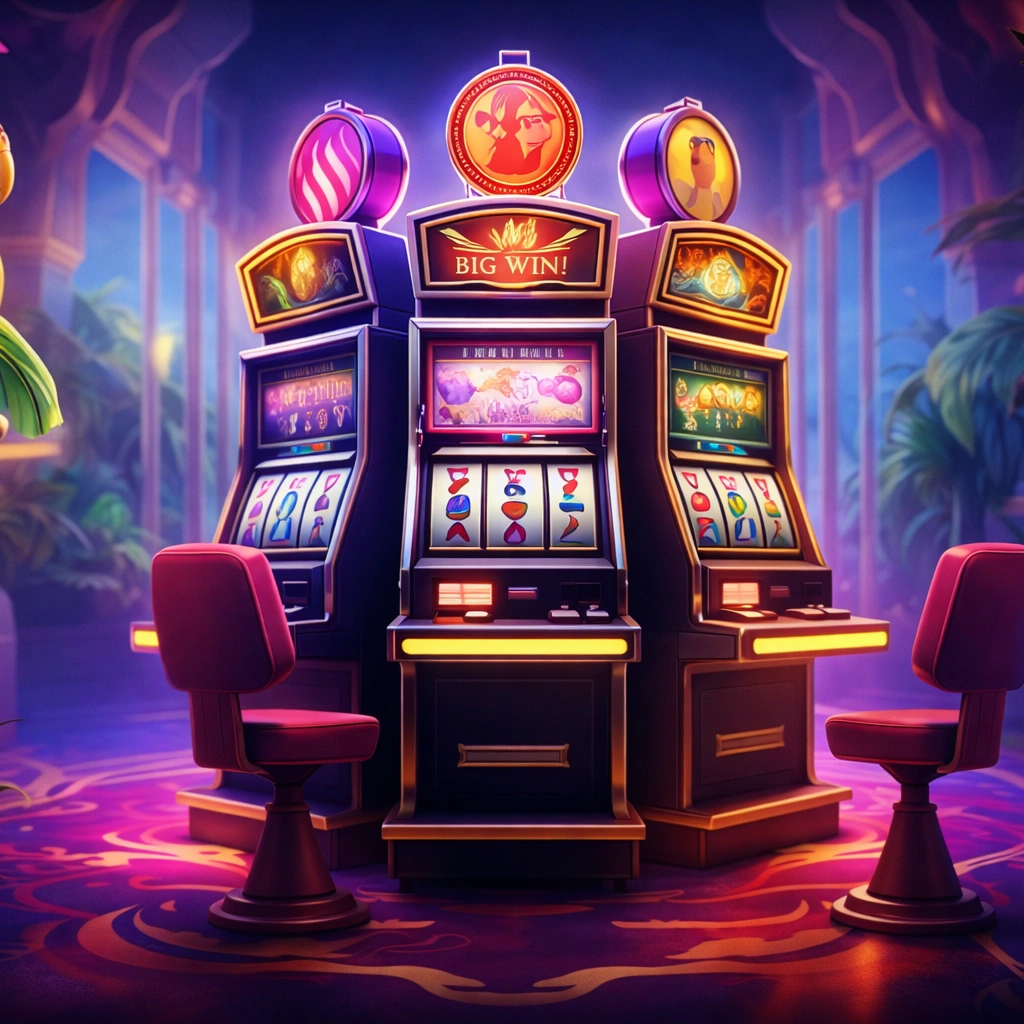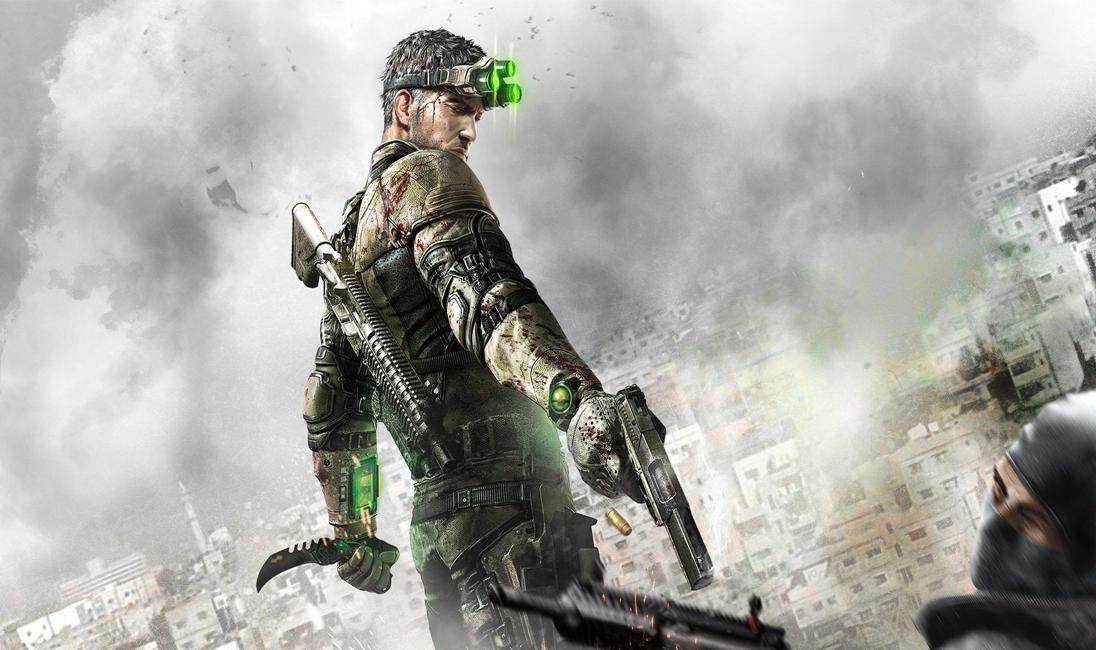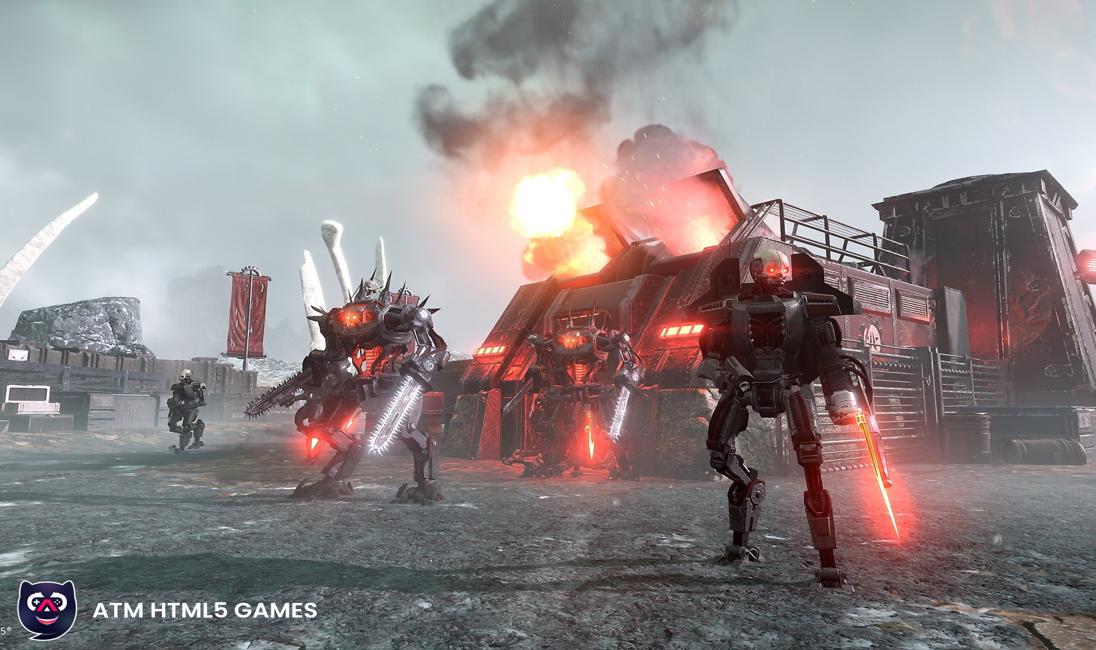Alright, so you're a Splinter Cell fan, right? I mean, who isn't? Sam Fisher creeping through the shadows, gadgets galore, that iconic green glow… But here's the thing, and it's a frustrating one: the future of Splinter Cell feels, well, uncertain. We've been hearing whispers and rumors for ages, hoping for a triumphant return to form. What we got instead? Well, let's just say it involves the dreaded words: "live-service game." And a canceled project. Ouch.
The initial buzz, if you can call it that, stemmed from reports that a Splinter Cell project, one that was supposedly aiming to recapture the magic of the earlier titles, got the axe. Why? Because apparently, Ubisoft decided that the future lies in, you guessed it, a live-service model. Now, I'm not inherently against live-service games. Some of them are great! But slapping that formula onto a franchise that's built on stealth, tension, and carefully crafted single-player experiences? That just feels…wrong. It feels like trying to fit a square peg into a round hole, or maybe trying to convince a cat it actually enjoys wearing a sweater.
The Ghost of Splinter Cell Past
Let's be real. Splinter Cell's heyday was back in the early 2000s. Chaos Theory? Don't even get me started! That game was a masterpiece of stealth design. Remember meticulously planning your routes, using shadows to your advantage, and only engaging in combat as a last resort? That was Splinter Cell! That was what made the series special. The tension, the planning, the feeling of being a ghost in the machine – that's what fans crave. And sometimes great titles also joins Playstation Plus.
But then things started to change. Conviction and Blacklist, while not terrible games, shifted the focus towards more action-oriented gameplay. Stealth was still an option, sure, but it wasn't always the most viable one. The series lost some of its identity, and fans started to drift away. But Ubisoft's gamble with a live-service Splinter Cell? It's a bet that could alienate the old guard completely. Because when I think live-service, I think grinding, microtransactions, and a constant stream of repetitive content designed to keep you hooked. Not exactly the hallmarks of a classic Splinter Cell experience.
Live-Service: A Mismatch for Stealth?
Here's the thing about live-service games: they thrive on repetition and community. You're meant to keep playing them for months, even years, completing daily challenges, unlocking new gear, and interacting with other players. But Splinter Cell, at its core, is a solitary experience. It's about being alone in the dark, relying on your wits and your gadgets to survive. It's about meticulously planning your every move and executing it flawlessly. Can you really translate that into a live-service model? I have my doubts. Wait, there's something even more interesting here. The developers working in this new live-service game do not have much idea about the actual game.
Think about it this way: imagine trying to play Chaos Theory with a bunch of other players, all shouting instructions and tripping over each other in the dark. It just wouldn't work, would it? The core gameplay loop of Splinter Cell is fundamentally incompatible with the core principles of live-service games. I keep coming back to this point because it's crucial. Ubisoft seems to be prioritizing short-term profits over long-term fan satisfaction. It's a decision that could ultimately backfire.
But, I have to admit, there's a tiny part of me that's curious. Maybe, just maybe, Ubisoft has a brilliant plan up its sleeve. Maybe they've found a way to blend the stealth gameplay of Splinter Cell with the engaging content of a live-service game. Maybe they'll prove us all wrong. I won't hold my breath. Because the last few years from Ubisoft have been something of a mixed bag, haven't they?
What Does the Future Hold for Sam Fisher?
Honestly? I have no idea. The cancellation of that Splinter Cell project stings. It feels like a missed opportunity, a chance to revitalize a beloved franchise and bring it back to its former glory. But the move towards live-service games raises a lot of questions about the studio's long-term vision. Maybe they are focusing on open world games. As highlighted in Wikipedia's Ubisoft page, their approach to gaming could be changing.
You might be wondering why I'm so invested in this. Well, Splinter Cell was a big part of my gaming childhood. I remember spending hours perfecting my stealth tactics, mastering the art of deception, and feeling like a true secret agent. I want other gamers to experience that same feeling. I want Splinter Cell to live on, not as a hollow shell of its former self, but as a vibrant, engaging, and, yes, stealth-focused experience.
And so, we wait. We wait for Ubisoft to reveal their plans. We wait for Sam Fisher to emerge from the shadows once again. And we hope, against all odds, that the future of Splinter Cell is not just another generic live-service game, but a true return to form. A return to the shadows. A return to stealth. A return to what made Splinter Cell so special in the first place.
FAQ: Splinter Cell and the Live-Service Dilemma
Why are fans so upset about the possibility of a live-service Splinter Cell game?
The core gameplay of Splinter Cell, built on stealth, tension, and solitary experiences, clashes with the repetitive, community-focused nature of live-service games. Fans fear that the franchise's identity will be lost in a sea of grinding and microtransactions, diluting what made Splinter Cell unique. It's not that live-service is inherently bad, but its implementation has to be handled with care for specific game genres.
Will there ever be another "true" Splinter Cell game?
That's the million-dollar question, isn't it? The cancellation of the previous project suggests that Ubisoft is exploring alternative directions for the franchise. While the possibility of a traditional stealth-focused title remains, the emphasis on live-service models in the industry makes it less certain. Only time will tell, but there's some hope with all the rumors online.
How does the live-service model potentially ruin a stealth game?
The model promotes replayability through repetitive tasks and online interaction, which doesn't align with the meticulously planned, solitary nature of stealth gameplay. Imagine trying to coordinate a stealth mission with a squad of players focused on completing daily challenges instead of maintaining a low profile. That's the danger. Stealth games are very different, and need to have separate care to have a positive impact on user experience.
Is there any way a live-service Splinter Cell game could actually work?
Potentially, yes, but it would require a very delicate balance. Ubisoft would need to find a way to incorporate stealth gameplay into the live-service framework, offering meaningful progression and customization options without sacrificing the core tension and atmosphere of the series. But there are definitely other factors, like including multiple online and offline gaming modes to address different user preferences.
- First important point about the content
- Second point with detailed explanation
- Another noteworthy detail
- Final concluding thought




































